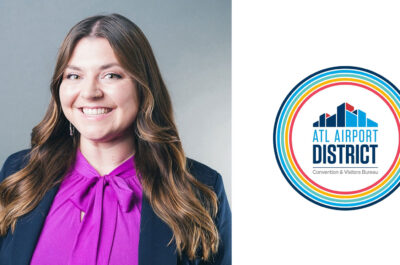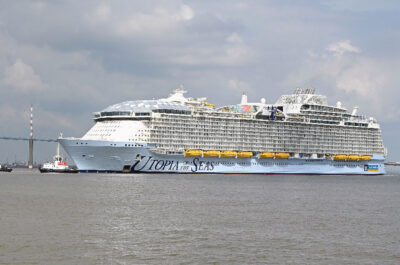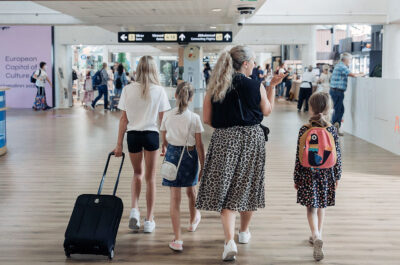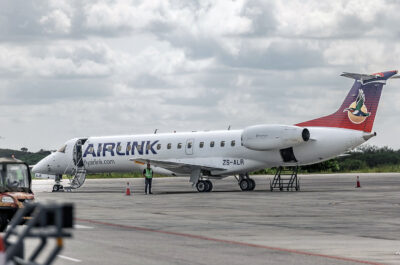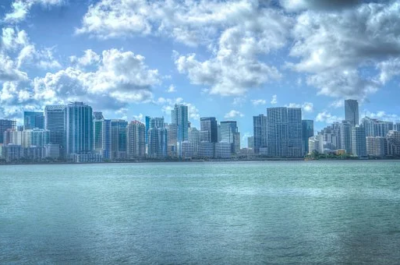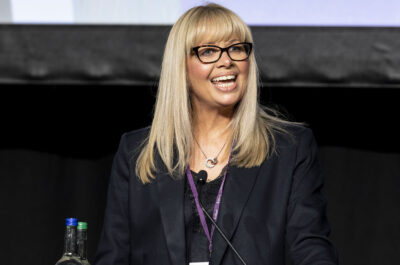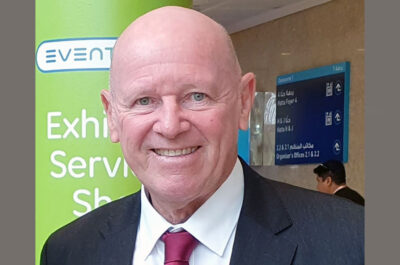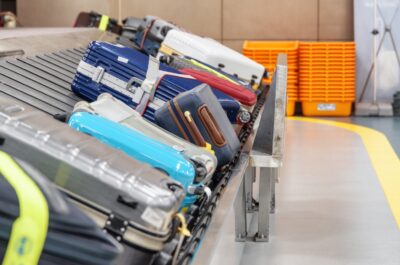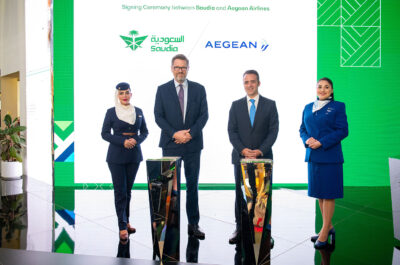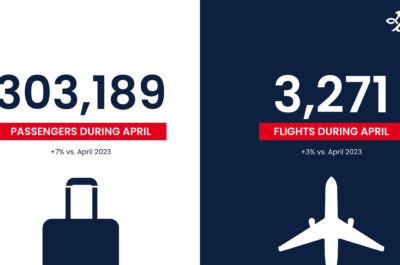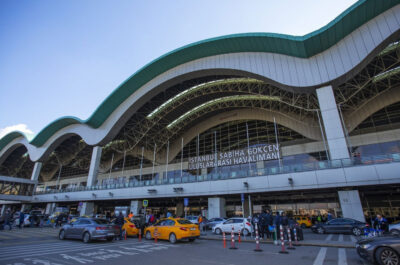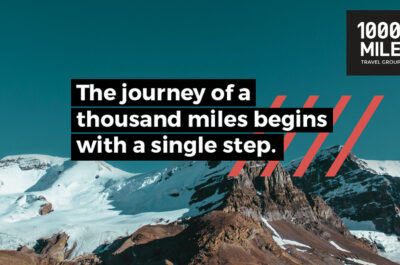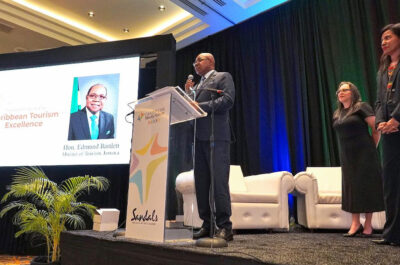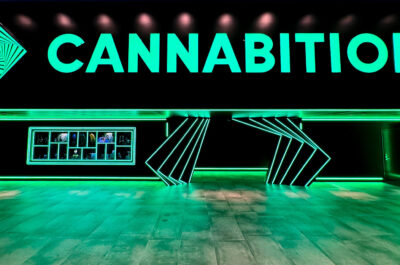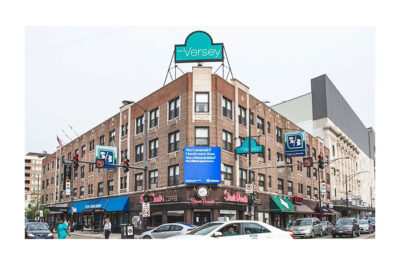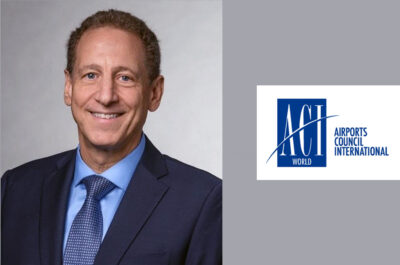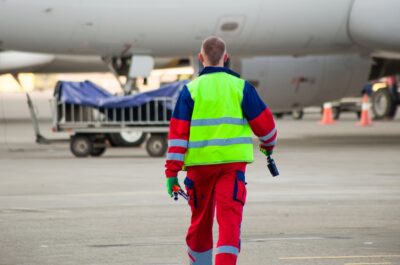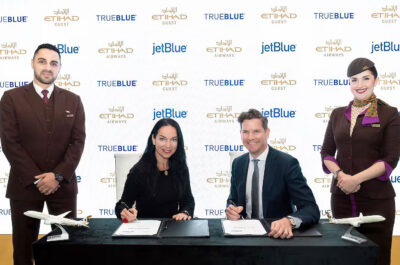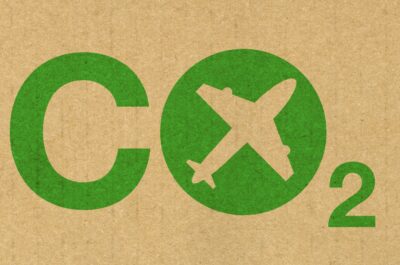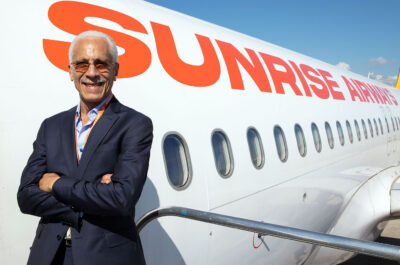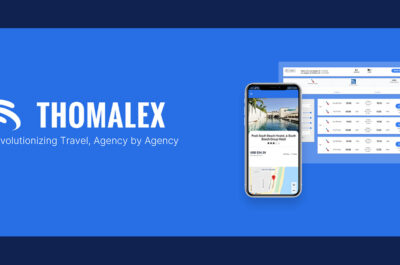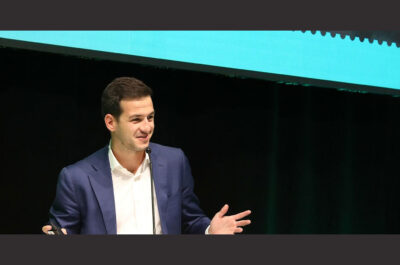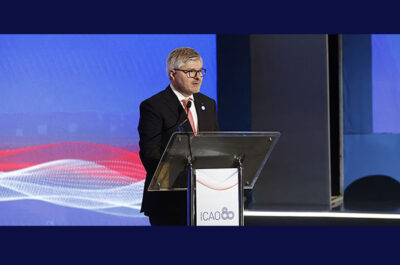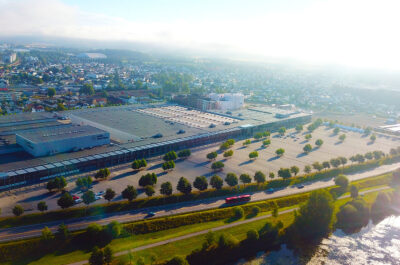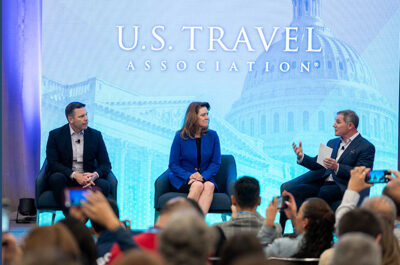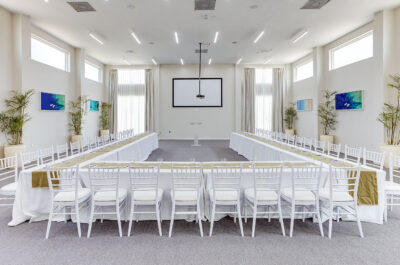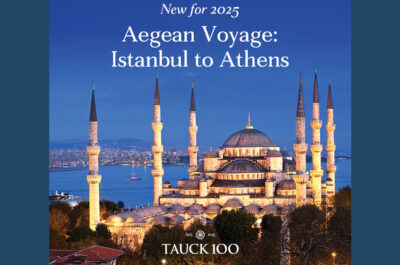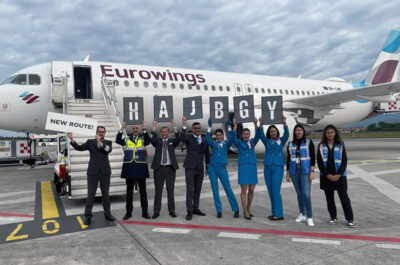The package-holiday model of the 20th century now feels a little tired, and with the public eager for better travel experiences, things are changing.
When package holidays were first offered to the UK public in the late 1940s and early 1950s, they fulfilled a need. No longer did Brits have to go to the effort of booking a flight, looking for a hotel, and sorting transfers and rental cars by themselves.
UK travel agents and tour operators did the hard work for them, offering them holidays that took care of everything – the whole package, in fact – so it wasn't surprising that package holidays quickly became hugely popular.
But while this model has served travel-hungry Brits well, it's clear that things need to change. Rewind 10 years, and the thought of UK travel giant Thomas Cook going into liquidation would be unthinkable. But in September this year, that's exactly what happened.
The package-holiday model of the 20th century now feels a little tired, and with the public eager for better travel experiences, things are changing.
Ian Crawford, a representative of www.holidayhypermarket.co.uk, says that travel companies are having to go the extra mile to satisfy consumers. He says: "We've definitely seen a change in the behaviour of our customers. They're now looking for a more personalised experience, where they have total control of where they go, how long for, and what they do when they're there."
Holidaymakers now have many more options open to them. Firstly, destination – there are now more places to visit than ever before. For example, places like Corfu and Rhodes were once the go-to resorts in Greece, but there are a host of Greek islands catching the attention of holidaymakers, such as Folegrandos or Sikinos. With new air routes opening up across the globe, previously inaccessible destinations are now within reach.
Secondly, holiday lengths are changing. A seven-day break can now become and eight- or nine-day trip if you have an extra day or two on your hands. Similarly, you can cut one to two days from a fortnight-long vacation if you can't quite spare 14 days.
In addition, the Saturday-to-Saturday departure and arrival day is no longer set in stone. Holiday operators have had to adapt to customers' needs and offer flexibility in this area.
Any airline worth its salt now offers an app for painless check-ins and security clearance, meaning a swish of your phone is all you need to head airside, rather than scrabbling around with crumpled boarding-pass printouts. Emirates has even gone as far as creating a VR version of its planes, so you can see what it's like to have your own suite in first class.
And once you're at your destination, hotels have had to up their game. Offering Wi-Fi is now standard, not an optional (and expensive) extra; the quality and variety of food has improved beyond recognition; and the entertainment on offer must be first rate, whether that's the in-room multimedia or the quality of live acts for guests.
easyJet CEO Johan Lundgren has said that the travel industry needs to adapt to the way that customers are taking holidays, but at the same time pointing out that package-holiday sales have grown at a higher rate than the economy each year for the past 10.
This statistic shows that travel companies are moving with the times and updating their offering to customers. The beauty of the package holiday is that it's a quick, simple way for people to buy a holiday without any fuss, and as long as travel firms continue to modernise and offer flexible breaks to customers, the future of the package holiday looks bright.





















































